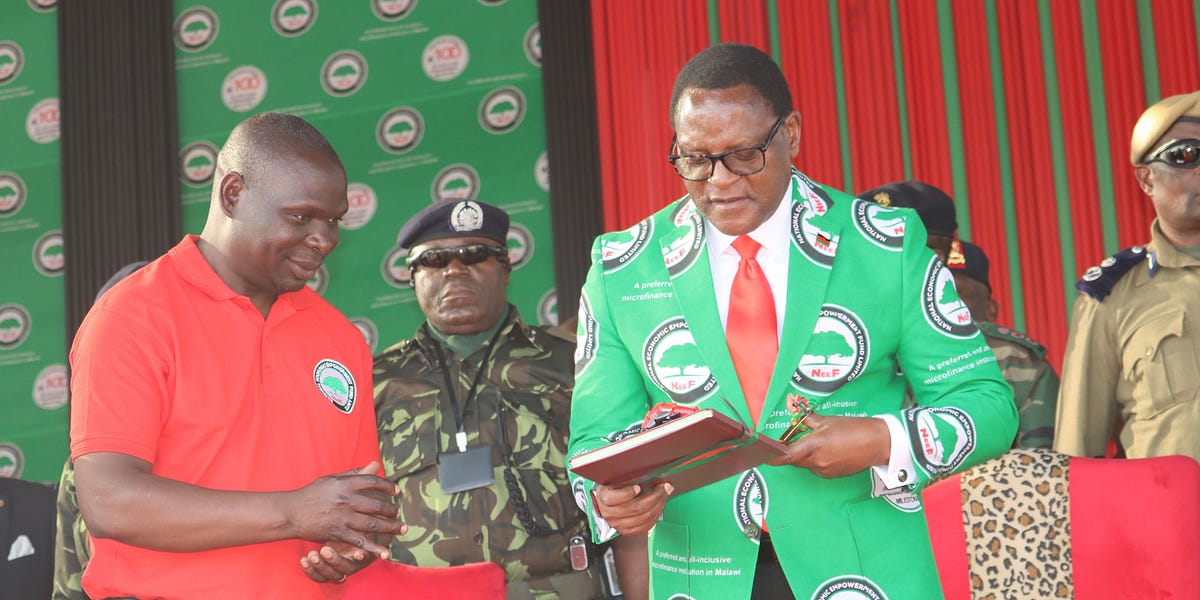
By The Investigator Magazine
The end is nigh. The ruling Malawi Congress Party (MCP), led by President Lazarus Chakwera, has thrown Malawi into an unprecedented economic and political crisis. What once began as promises of reform and prosperity has quickly unravelled into a tale of reckless borrowing, looting of public resources, and systemic deception of international lenders.
Investigations by The Investigator Magazine have established a disturbing pattern: the Chakwera administration is not only plundering the Treasury but is also borrowing recklessly in order to fund its political campaigns, and then covering its tracks by misreporting critical financial figures to global institutions such as the International Monetary Fund (IMF).
The Reserve Bank of Malawi, under Governor Dr. McDonald Mafuta Mwale, sits at the centre of this storm. It has been accused of printing massive amounts of kwacha to bankroll government spending. Worse still, it is suspected of deliberately misreporting deficits in fuel levies to the IMF. Official reports claim a deficit of K950 billion, but insiders and independent experts have revealed that the real figure could be closer to K2 trillion. The deception is staggering, and the consequences are devastating for a nation already on its knees.
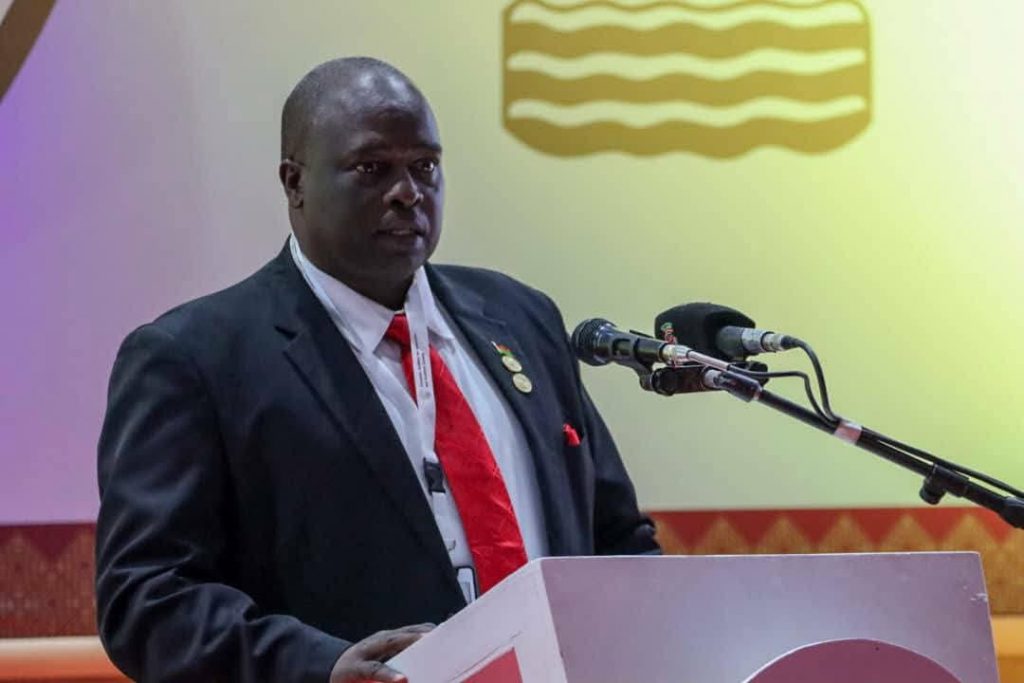
President Chakwera, flanked by his Finance Minister Simplex Chithyola and senior MCP officials, has been accused of being clueless in the face of Malawi’s collapsing economy. The kwacha continues to lose value, even before the close of the tobacco selling season, while the cost of living spirals upward daily. Prices of essential goods rise with every passing week, eroding what little hope remains among ordinary Malawians.
In January alone, the MCP government borrowed K172 billion, and between May and July the figure ballooned to K750 billion. According to the World Bank, government borrowing in the last financial year reached K1.4 trillion, which was K300 billion above what had been budgeted. This is not borrowing for investment or growth, it is borrowing for survival, and increasingly, borrowing to loot.
Using state companies SMEDI, MERA and NEEF to loot
NEEF-MCPs father Christmas
One of the most glaring examples of this looting is the politically driven National Economic Empowerment Fund (NEEF). Initially created to empower small and medium enterprises, NEEF has now been transformed into a political slush fund.
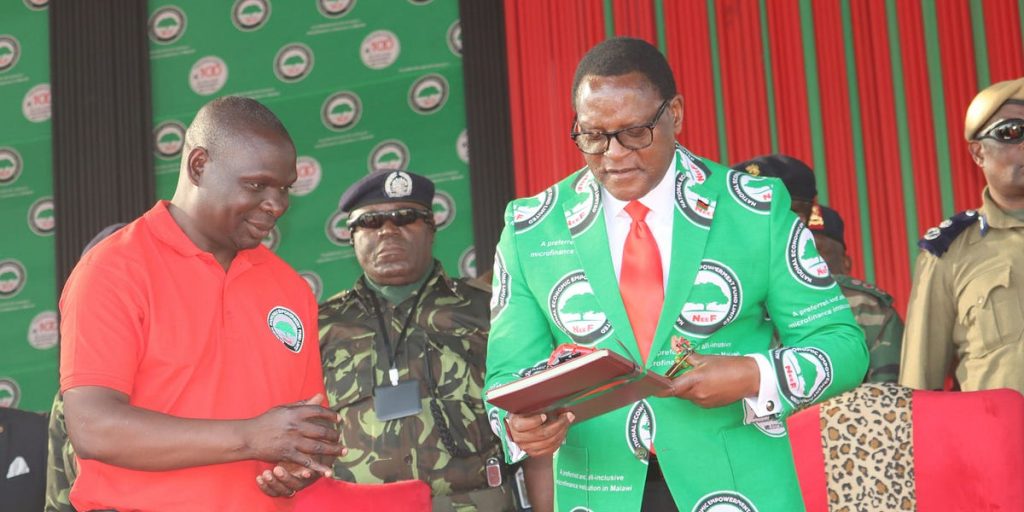
About K300 billion has been channelled into it, not for economic empowerment but to feed MCP’s patronage network. Politicians, religious leaders, and party loyalists have all lined their pockets. Over K70 billion in previous loans has already been written off, and the current batch is widely expected to follow the same fate.
Evidence shows that two opposition officials who defected to MCP were given K10 million each in cash, along with loan application forms. Two politicians walked away with K100 million each, while others obtained fertiliser loans worth up to K30 million. Several former MPs pocketed K50 million loans apiece. These loans are not being repaid—they are being used as campaign funds for MCP parliamentary and local council aspirants.
Religious leaders were reportedly allocated K8.4 billion. However, further investigations show that billions of kwacha were channelled to ghost religious organisations that were invented by State House and MCP officials. In Mpamba, Nkhata Bay, for instance, beneficiaries who claimed to be religious leaders turned out to be MCP functionaries presenting themselves as pastors and bishops in order to access cash.
MERA borrows too
The plunder does not stop there. The Malawi Energy Regulatory Authority (MERA) has taken out loans amounting to K500 billion, guaranteed by government, in order to clear arrears of over K300 billion owed to the Roads Authority and about K250 billion to the Malawi Rural Electrification Programme (MAREP). Under normal circumstances, these payments should have been covered by fuel levies, but the Chakwera administration has manipulated the system for political ends. Since 2023, the government has frozen fuel prices to appease the electorate, even though global fuel prices have been fluctuating sharply.
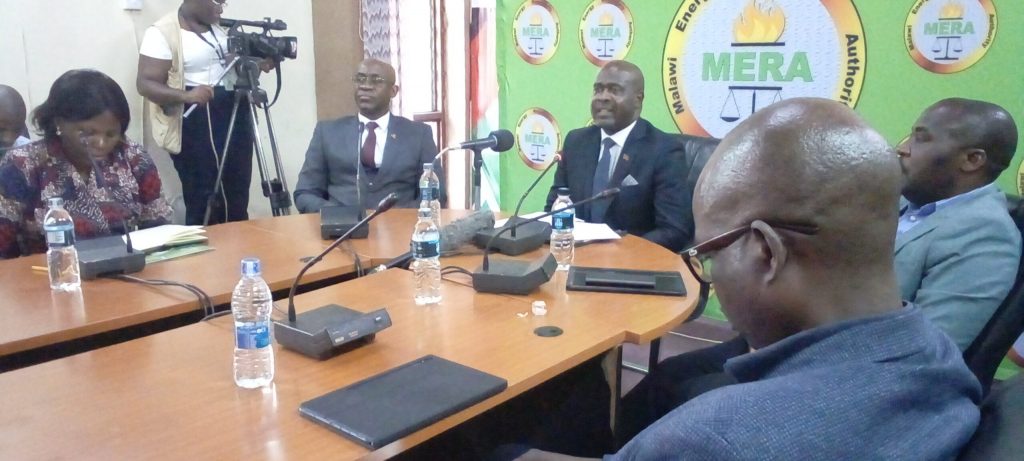
A senior economist within government described the policy as “cheap politicking,” pointing out that it forced government to borrow in order to pay for fuel levy arrears. “The President and the Minister of Finance are totally clueless,” he said. “They are borrowing to pay levies, which is not feasible and is not supposed to happen.”
Roads and SMEDI
The borrowed funds have been directed mainly to MCP-linked contractors. MAREP contracts and road projects are dominated by party supporters and companies linked to Chakwera’s family.
Notably, the Chinese firm CR20 has resumed construction projects in Nsanje, Neno, and Mzimba, all of which are being strategically used to project an image of delivery as elections draw closer. Government accountants allege that the payments to contractors also include hidden commissions that end up in MCP coffers.
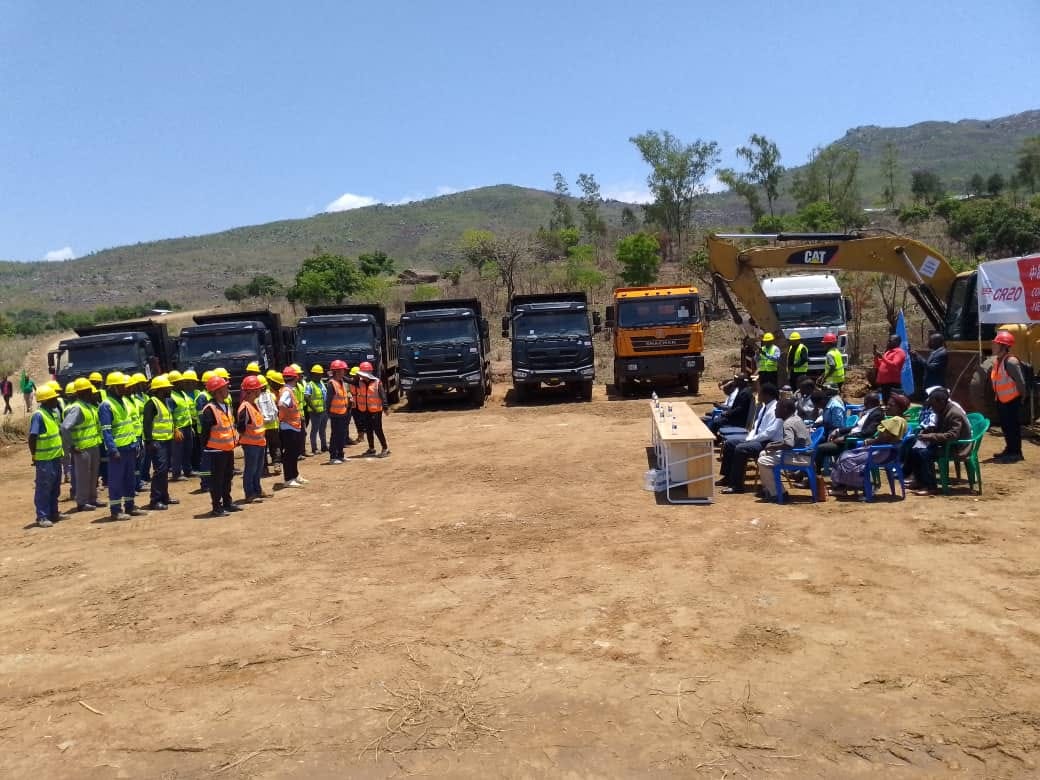
The Small and Medium Enterprise Development Institute (SMEDI) has not been spared from this trend. It received K2.5 billion under the K5 billion value addition infrastructure project. Yet insiders reveal that K800 millions of that amount was earmarked for MCP and senior government officials. Overheard conversations between accounts officers revealed clear intent: “K500 million is for the MCP campaign, and we will share the remaining K300 million.” This candid admission reflects a wider pattern across multiple government institutions, where borrowed funds are diverted into campaign war chests instead of productive investments.
Tchereni, Mafuta Mwale and the crisis
The economic fallout from these practices has been swift and severe. Inflation, which the Reserve Bank insists is at 28.5 percent, is in reality now estimated to be over 50 percent. The first week of August alone witnessed dramatic increases in building materials. Cement, which previously cost K26,000 per bag, now averages K50,000 in remote areas. This represents an increase of more than 80 percent in a matter of days. In a desperate bid to stabilise supply, the Ministry of Trade released forex to cement importers.
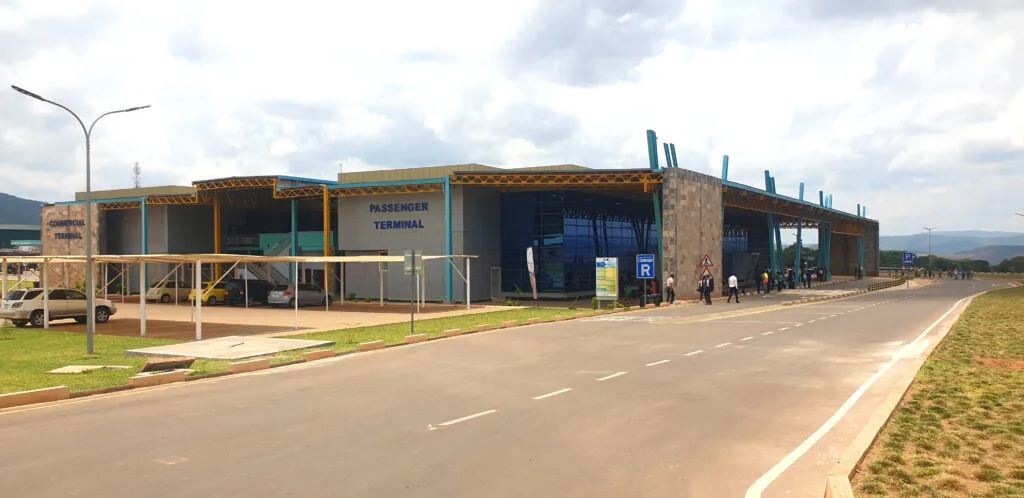
Yet even here, corruption followed closely behind: one Minister was caught at Mwami border in Mchinji carrying US$500,000 in cash. He was released without charges, and reports indicate he is now buying farms in Chipata, Zambia, with the illicit funds.
The crisis has also triggered upheaval within the Treasury. Former Secretary to the Treasury, Betcheni Tcherani, reportedly resisted some of the reckless borrowing and politically motivated payments. His defiance came at a cost. He was dismissed from his role and demoted to the Ministry of Energy. “Tcherani was the last voice of reason,” an insider said. “Now the Treasury takes its orders directly from Colleen Zamba, the untouchable Secretary to the President and Cabinet, and from State House.”
Meanwhile, Reserve Bank Governor Mafuta Mwale has been labelled a “robot controlled by politicians.” Economists accuse him of authorising payments based on political lists rather than economic priorities. “Treasury is frustrated by Mwale,” one economist warned. “He is making decisions to please his masters, not to save the economy. At this rate, within a month Malawi could collapse completely into a failed state.”
They are misreporting the public finances
The government’s deception extends to the IMF. Ironically, the same MCP administration that once accused former Finance Minister Joseph Mwanamvekha and ex-RBM Governor Dalitso Kabambe of misreporting public finances is now guilty of the same offence. Officials claim the fuel deficit stands at K950 billion, but Reserve Bank insiders insist it is over K1.5 trillion. They detail how fuel suppliers and NOCMA are owed between K700 and K900 billion, while MAREP arrears amount to K300 billion and the Roads Fund is owed about K400 billion. Stabilisation and disaster funds are completely depleted. Suppliers are owed billions more. “Everything is out of control,” said one RBM official. “This is all government debt, and Malawians need to wake up to the reality of a collapsed economy that will take years to rebuild if MCP remains in power.”
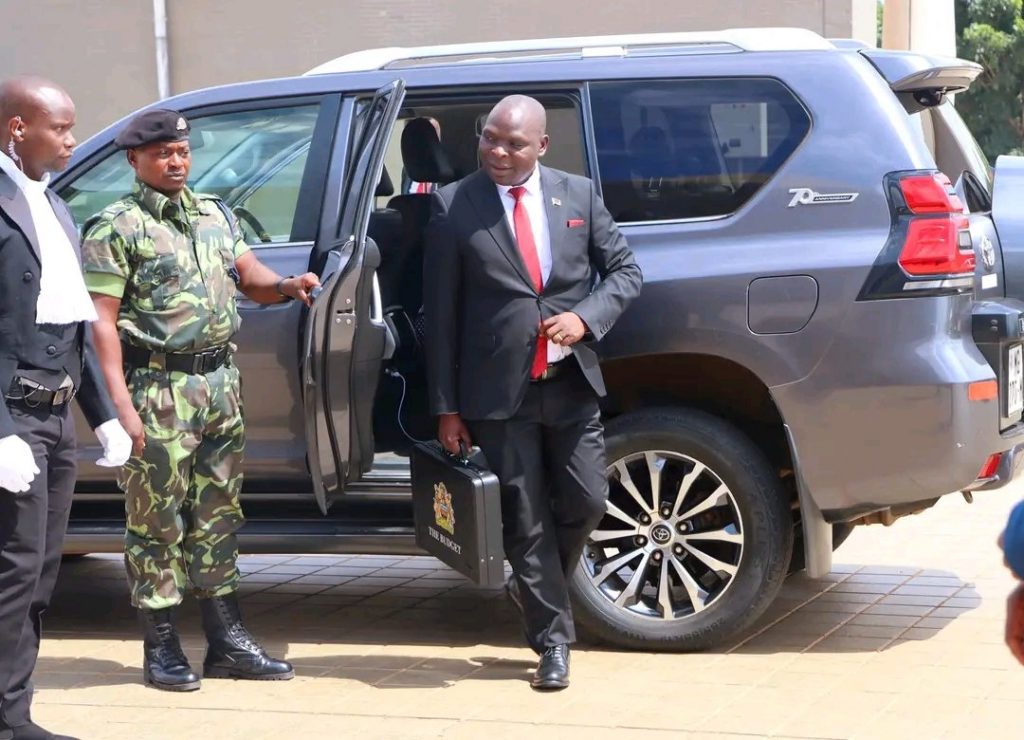
Our analysis: Chakwera has taken Malawians to gates of hell
Nowhere in Malawi’s history have citizens appeared so hopeless. Poverty has risen above 80 percent. Food shortages are commonplace. Energy, fuel, forex, and water are all scarce. Even essential drugs are running out. Hospitals have reported shortages of TB medicines, raising the risk of multidrug-resistant TB, which costs over K50 million per patient to treat. And yet, while patients go without treatment, President Chakwera and MCP continue to borrow recklessly, diverting money into campaigns, lavish parties at State House, and private enrichment.
Vice President Michael Usi has openly admitted that theft is everywhere in Chakwera’s administration. The sad reality is that while Malawians are starving and dying in hospitals, their leaders are engaged in wholesale looting of public funds. A President who once preached morality and faith in God is today presiding over historic theft and economic collapse.
This is the tragedy of Malawi under Chakwera: a government borrowing not to build, but to loot. A President who promised hope, now dragging the nation to the very gates of hell. Another term for him, economists and ordinary citizens alike warns, will not just damage the country, it will destroy it completely.

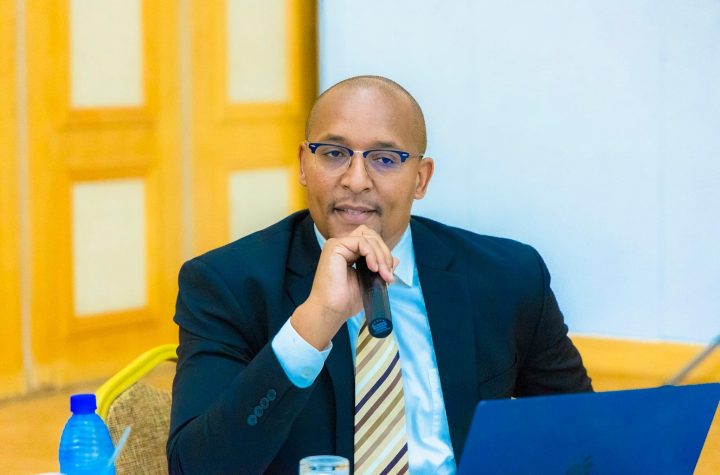
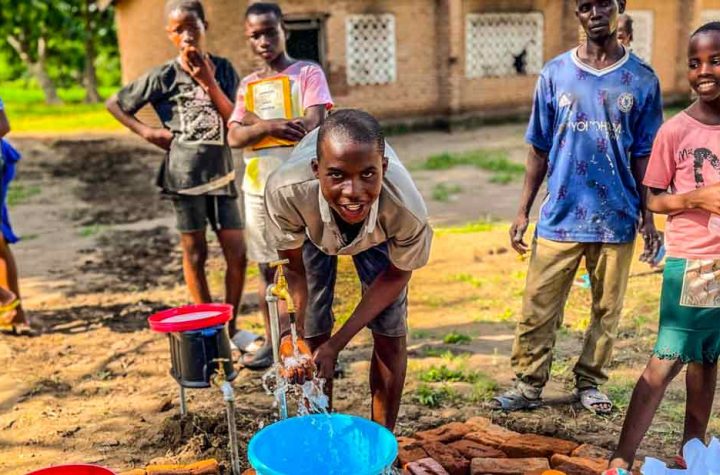
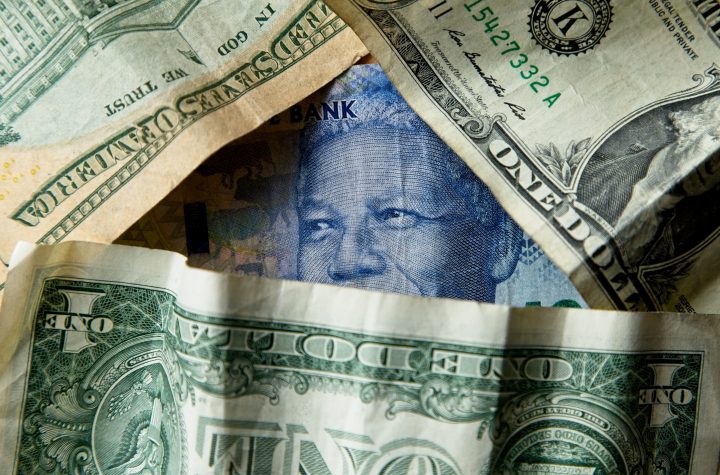
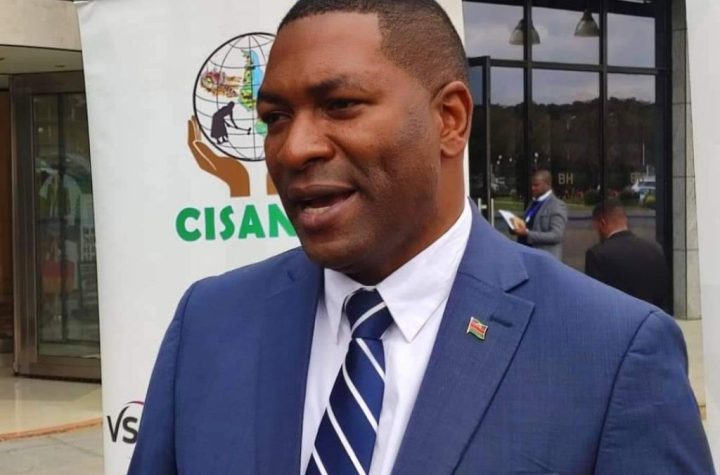
More Stories
MACRA DG Daud Sulieman fired
West, not east gives Malawi more
Bank cartels fleece Malawi forex